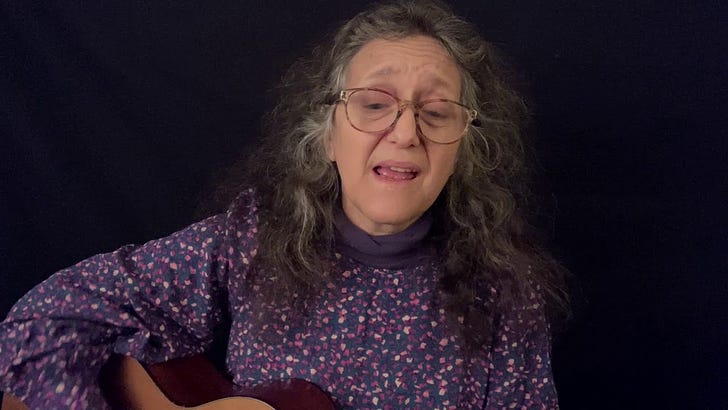As both an educator and the parent of a now adult son with autism, I have long been mystified by bullying, both on the “small” level of one child bullying another, the “medium” level of many children bullying one child, and on the “large” level of whole groups of people, or entire countries, bullying another people. I’ve never quite understood why people do this to each other. I mean, yes, we see this phenomenon in nature as well when it is clearly a factor of competing to be the strongest. But we aren’t apes or lions, so why do human beings do this to each other?
As far as I can figure it out, this is an impulse to repel anything that is different than us. So perhaps, if we start from a very young age to value what is different, to delight in what is different, to see the beauty in variety, we will be able to overcome this base impulse to ridicule someone who is different than us. Perhaps.
Ironically, nearly every culture on this planet teaches the same basic lesson to its young, the “golden rule”. In the Torah we know it as, “V’Ahavta L’Raeicha Kamocha,” "Love thy neighbor as thyself" or "Treat others the way that you want to be treated." In the world of disabilities, it doesn't seem as though that lesson has penetrated very deeply, and we perhaps need some more reminders? One would think that the "golden rule" says it all, but clearly we need it broken down into finer details, which I attempt to do in the song called “Beyond V’Ahavta. The first chorus is the traditional version, "Love thy neighbor as thyself". The second chorus says, "Love the one who is different as thyself" and the third chorus says, "Love the stranger as thyself."
I wrote this song when my son was in high school, and seemed to have a long string of “friends”… kids who would befriend him through the synagogue and then disappear after a number of weeks. We finally figured out that he was a convenient person to use for the mandatory volunteer hours that his peers had in high school: they could be his “friend” for six weeks to fulfill those hours. As a mother, let me just say that hearing this was simultaneously jaw-dropping and heart-breaking. Trying to explain this phenomenon to him was even sadder. And sadder yet was finding out that other families with kids with special needs were having a similar experience. I hope that this has stopped?
Note: For anyone with a hearing disability, the lyrics are all listed in the description below the video, and you can also press the CC button to get the captions!
Learn more about musician and educator Joanie Calem’s work here.


